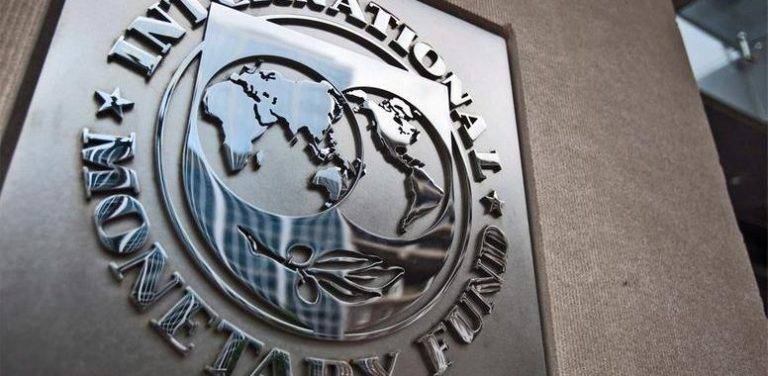Nigeria is on track to fully repay its International Monetary Fund Rapid Financing Instrument loan by 2029, according to findings by The PUNCH.
The latest repayment schedule published by the Fund on its website showed that the country had secured approval for an emergency financial support of 2,454.50 million Special Drawing Rights, which translates to about $3.32bn at the prevailing exchange rate of SDR1 to $1.35404 as of May 1, 2025. The RFI loan, disbursed in full on April 30, 2020, was granted to assist Nigeria in addressing urgent balance of payments needs following the devastating economic impacts of the COVID-19 pandemic, which had triggered a sharp fall in oil prices, a recession, and widespread fiscal pressures.
Under the terms of the facility, Nigerias remaining repayment obligations are staggered over a five-year period beginning in 2025 and concluding in 2029.
For 2025, Nigeria is scheduled to repay a final principal amount of SDR 306.81 million along with charges and interest of SDR 22.81 million, bringing the total repayment due this year to SDR 329.62 million, equivalent to approximately $446.21m.
From 2026 to 2029, the obligations primarily relate to charges and interest payments estimated at around SDR 26.7 million each year, translating to about $36.14m annually at the current exchange rate.
Cumulatively, Nigeria is expected to repay about SDR 436.42 million over the next five years, amounting to a total of $590.78m in U.S. dollar terms based on the latest valuation.
The PUNCH earlier reported that debt servicing to the IMF surged to $1.63bn in 2024, made up entirely of principal repayments, with no interest or other charges recorded.
The countrys total external debt servicing for 2024 amounted to $4.66bn, up from $3.5bn in 2023. Of this, multilateral creditors accounted for the largest portion at $2.62bn or 56 per cent of the total.
The IMFs share alone accounted for 35 per cent of Nigerias total external debt servicing in 2024 and about 62 per cent of the total paid to multilateral lenders.
Also, Nigerias debt to the IMF dropped significantly from $2.47bn in 2023 to $800.23m in 2024 a reduction of 67.6 per cent, or $1.67bn, likely tied to repayments on the emergency and budget-support facility disbursed in 2020. The disbursement Nigeria received under the RFI was notable for its rapid approval and minimal conditionalities, differing from traditional IMF arrangements that typically require extensive reform programs.
Nonetheless, repayment commitments remain binding, and Nigerias progress towards clearing the debt without needing refinancing or restructuring would be seen as a significant positive by global investors and development partners.
Nigerias economic landscape has undergone notable changes since the loan was first obtained. President Bola Tinubus administration has embarked on wide-ranging reforms, including the unification of exchange rates, the removal of petrol subsidies, and renewed efforts at revenue mobilisation through improved tax administration.
These measures have been aimed at strengthening fiscal buffers, enhancing macroeconomic stability, and restoring investor confidence.
Economic indicators suggest cautious optimism. The World Bank projects that Nigerias economy will grow by 3.6 per cent in 2025, which is marginally more optimistic than the IMFs projection of 3.0 per cent.
Inflation, while still a major concern, has eased to 24.23 per cent in March 2025 from higher levels recorded earlier in the year. External reserves have also shown resilience, buoyed by stronger oil exports and remittance inflows, with Nigerias current account balance expected to post a surplus by 2026, according to the World Bank. At present, Nigeria has no overdue financial obligations with the IMF.
The Fund recently commended the countrys efforts at maintaining macroeconomic stability, although it urged further reforms to consolidate the gains.
Successfully completing the scheduled repayments would bolster Nigerias external credit profile, enhance access to international capital markets, and improve sovereign risk perceptions. Nonetheless, challenges persist. Risks such as fluctuations in global oil prices, domestic fiscal slippages, and security concerns could pose threats to repayment plans if not managed carefully.
However, with firm policy implementation and external support, Nigeria appears positioned to close out its IMF loan obligations by 2029, marking the end of a significant chapter in the countrys post-pandemic economic recovery.




No comments yet
Be the first to share your thoughts!